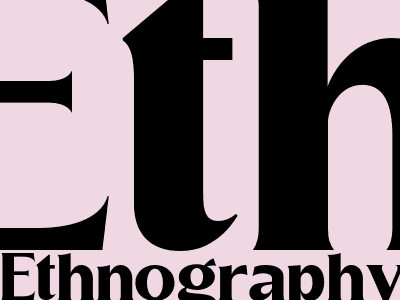
Ethnography, the Use of Dictation and Transcription: An Interview with Martin Pope
Introduction
Martin Pope is a leading authority on ethnography, the study of people and cultures in their natural settings. Through in-depth research, ethnographers aim to understand the beliefs, values, and practices of a particular group.
Dictation has become increasingly popular as a method of data collection in ethnography. It involves recording spoken words, such as interviews, observations, and field notes, which are later transcribed into written text. This method offers several advantages, such as capturing rich, detailed accounts and preserving the natural flow of language.
Interview with Martin Pope
In this exclusive interview, we delve into the use of dictation and transcription in Martin Pope's ethnographic work. We explore the benefits, challenges, and ethical considerations associated with this method, gaining valuable insights into the practice of ethnography today.
Benefits of Dictation and Transcription
- Accurate and detailed record: Dictation allows researchers to capture verbatim accounts, reducing the risk of omission or distortion.
- Preserves natural language flow: Transcription preserves the natural rhythm and tone of speech, providing a deeper understanding of participants' perspectives.
- Time-saving and efficient: Dictation can be more efficient than writing notes by hand, freeing up researchers to focus on observation and engagement.
Challenges of Dictation and Transcription
- Technical difficulties: Ensuring the quality and reliability of recordings and transcriptions can be challenging, especially in noisy environments.
- Data management: Managing large amounts of audio and transcript data requires careful organization and storage strategies.
- Ethical considerations: Researchers must obtain informed consent from participants and ensure the confidentiality of their data.
Ethical Considerations
When using dictation and transcription, ethnographers must adhere to strict ethical principles: Obtaining informed consent, respecting participant confidentiality, and representing voices accurately are crucial. Researchers should also consider the cultural and linguistic context of their work.
Conclusion
Dictation and transcription have transformed the practice of ethnography, offering valuable tools for capturing rich, detailed data. However, it is essential for ethnographers to consider the benefits, challenges, and ethical considerations associated with this method. By embracing these principles, researchers can harness the power of dictation and transcription to produce high-quality, impactful ethnographic accounts.
About Martin Pope: Martin Pope is Professor of Anthropology at Goldsmiths, University of London. His research focuses on the intersections of ethnography, technology, and digital culture.